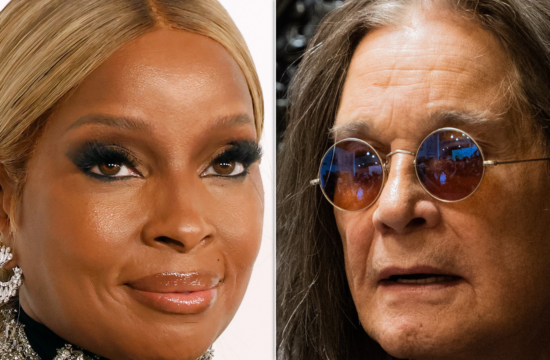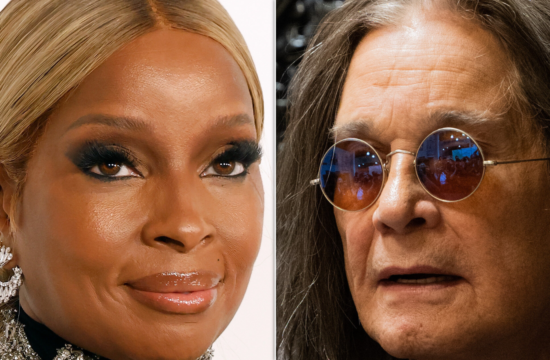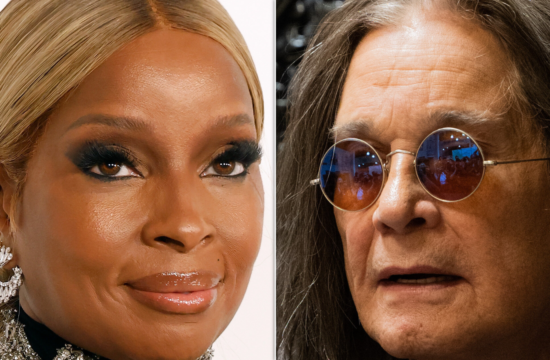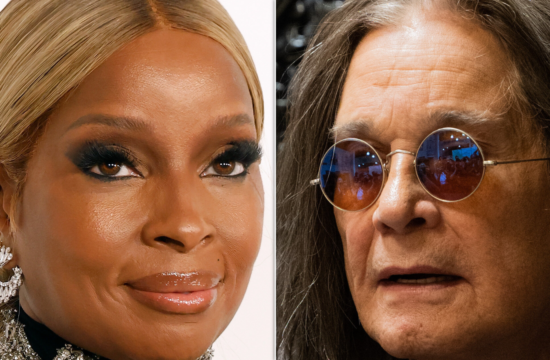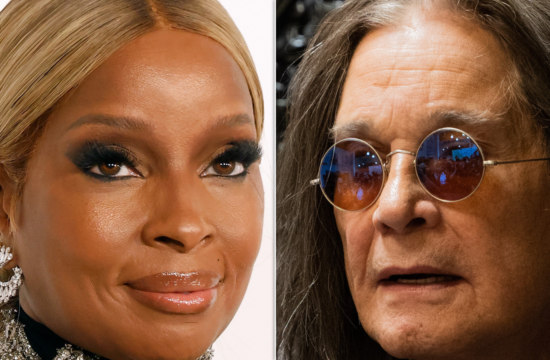
Joshua Jackson Says His Dawsons Creek Salary Gave Him Imposter Syndrome
Joshua Jackson’s big “Dawson’s Creek” checks gave him a serious case of “imposter syndrome” during his 20s.
The star, 44, revealed his initial reaction to the turn-of-the-millenium teen drama and its success, telling The Sunday Times, “I wouldn’t want to go back to my twenties again, that amount of angst.”
For Jackson, who played the sarcastic Pacey Witter on the show, the money just didn’t add up.
“I would make more money doing four episodes of ‘Dawson’s Creek’ than most of my friends’ parents made in a year,” he explained.

Jeff Kravitz via Getty Images
“That was the center of my imposter syndrome,” the “Fringe” actor added. He remembered thinking, “You’re trying to set me up to be a role model to kids, and I definitely am not, and you’re paying me all this money that I don’t deserve.”
The WB show premiered in 1998 and followed the fictional town of Capeside, Massachusetts, and its residents for six seasons.
“Dawson’s Creek” also helped establish the careers of actors James Van Der Beek, Katie Holmes and Michelle Williams.
Describing the show’s appeal to The Times, Jackson said, “I think the secret to the show was that it didn’t talk to young people like they’re stupid.”

Warner Bros. via Getty Images
“Those characters and what they were going through felt real. We were trying to tell stories about those moments in your life and we were close enough to it in our own ages that we deeply remembered what that angst was.”
Though Jackson remembered thinking he was overcompensated, leading man Van Der Beek seemed to have a very different experience. In 2012, Van Der Beek told NBC’s told NBC’s “Today” Show that he earned “almost nothing” as the title character.
“There was no residual money,” he revealed. “I was 20. It was a bad contract. I saw almost nothing from that.”

